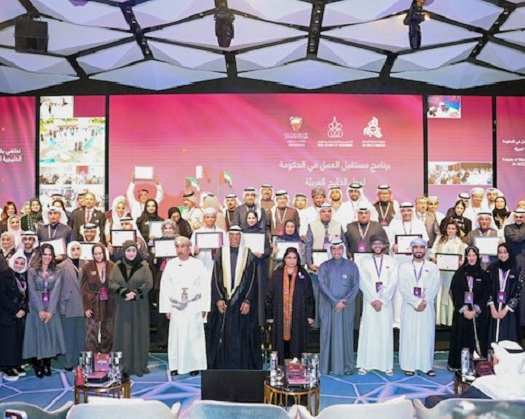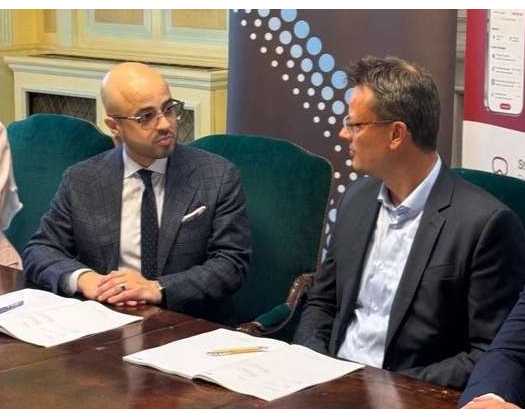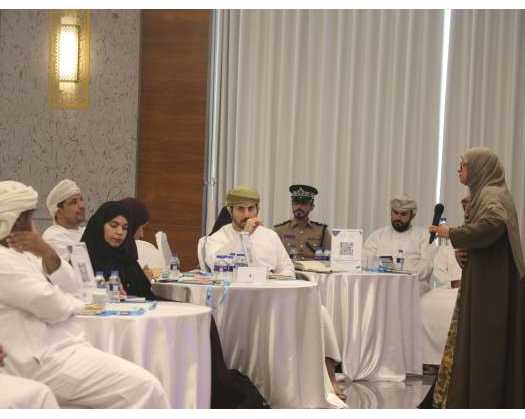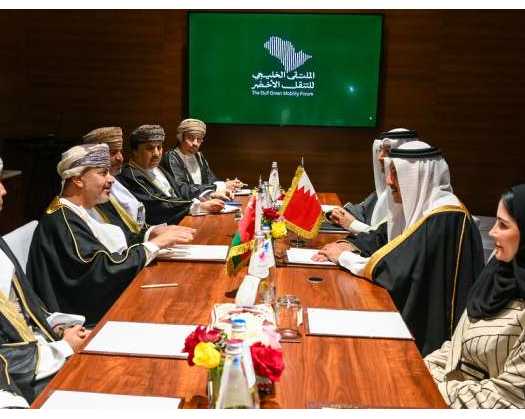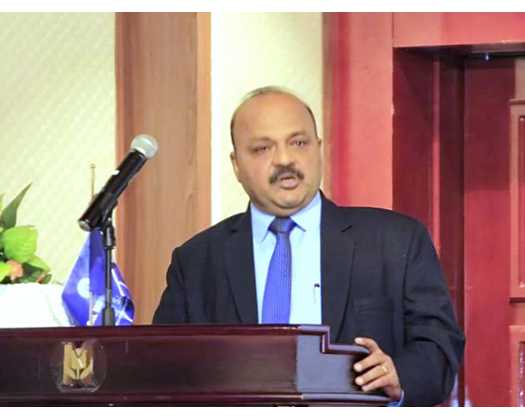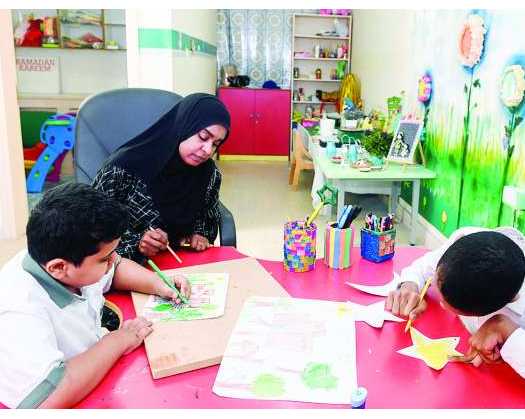Kuwait: The Royal Academy of Management (RAM) has successfully completed the “Future of Work in Government for GCC Countries” programme, an innovative initiative designed specifically for second-line government leaders from Oman and other Gulf Cooperation Council (GCC) nations.
This programme was executed in partnership with the Institute of Public Administration (IPA) in Bahrain, the Civil Service Commission (CSC) of Kuwait, and Saïd Business School at the University of Oxford. It represents a strategic effort to promote Gulf integration in governmental development and to achieve national objectives for future preparedness.
The graduation ceremony for the participants was held in Kuwait during the concluding in-person module, which took place from December 23 to 25, 2024.
The event was conducted under the patronage of Dr. Essam Al-Rubaian, President of the Kuwait Civil Service Commission, and featured Dr. Ali bin Qassim Al Lawati, President of the Royal Academy of Management, along with a notable assembly of senior officials and experts from GCC countries.
The programme encompassed multiple phases and key themes, including ten virtual modules presented in Arabic. These executive learning modules concentrated on strategic and leadership subjects such as public administration, project management, business analytics, and digital transformation.
Additionally, the programme tackled essential topics such as change management, improving team leadership effectiveness, and equipping institutions to adapt and succeed in the digital economy, along with leadership strategies and future readiness.
In his remarks at the event, Dr. Ali bin Qassim Al Lawati emphasized the significance of the programme and its emphasis on developing mid-level leadership, characterizing this group as the foundation of institutions.
He underscored their essential function in executing senior leadership strategies and converting them into tangible results that fulfill organizational goals.
He remarked: “We are convinced that strengthening leadership capabilities is crucial for achieving sustainable and innovative transformation in government operations throughout the GCC. This program has offered a comprehensive learning experience that merges contemporary theories with practical applications, equipping these leaders with the necessary skills to tackle challenges and devise innovative solutions.
“This strategy is designed to enhance institutional performance and facilitate the realization of the various national visions of the GCC countries, ensuring their preparedness for the future in all its aspects.”
At the closing ceremony, he reiterated: “The Academy is dedicated to promoting Gulf cooperation by creating innovative learning solutions tailored for leaders at all levels, particularly emphasizing the use of modern educational tools such as artificial intelligence and experiential learning.
Through this initiative, we aim to empower this crucial group to achieve performance that aligns with the aspirations of the Gulf populace and fosters sustainable development.”
Participants acknowledged the program’s significance in enhancing innovation and efficiency within government operations. They praised the Academy’s key role in advancing executive education and promoting institutional integration in the Gulf region through this initiative.

